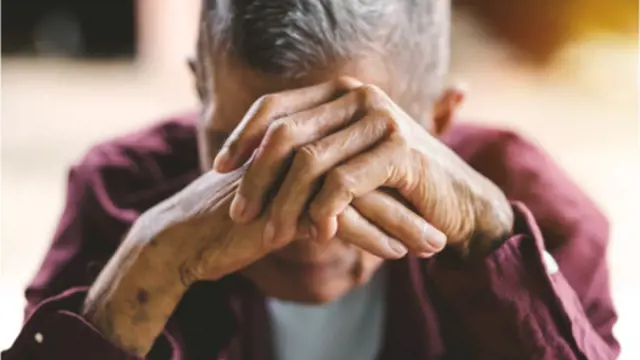Domestic abuse and disability

Disabled people experience higher rates of domestic abuse.
Published: 18/08/2021
Data shows that disabled people experience higher rates of domestic abuse compared to those without a disability. In fact, the prevalence of abuse can be double. In addition, research by SafeLives found that disabled people will experience more severe and more frequent abuse over a longer period of time, often enduring abuse for over three years before accessing support.
For many disabled people, the abuse they experience is intrinsically linked to their disability, with many perpetrators being intimate partners or family members who also act as their carer. The role of carer can be exploited, as it often puts that person in a position of power over many aspects of the victims life, such as where they go, who they see, when they get their medication and so on.
Disabled people may also find it harder to access help if, for example, they have limited mobility and can’t get to services. Or if are visually impaired or deaf and struggle to use computers or telephones.
We recognise these challenges and have made our website accessible for a range of users: just click the accessibility button at the top of the screen to select how you want to access the information. We are here to help and can talk to you about your situation and housing options.
There are also specialist services which offer advice, support and guidance for disabled people experiencing domestic abuse. If you’re worried about your relationship, or that of a friend or family member, please contact:
- Stay Safe East - a charity who support deaf and disabled victims of domestic abuse across London and can be contacted by telephone or SMS on 07865 340 122, Monday to Thursday 10am-5pm.
- Respond – a charity who support victims of abuse with learning disabilities and/or autism. They can be contacted on 020 7383 0700.
In an emergency, always call 999
Contact us
Got specific questions about Peabody? We’re always happy to help.